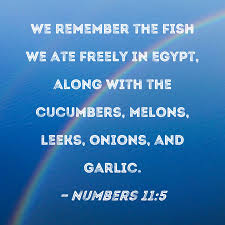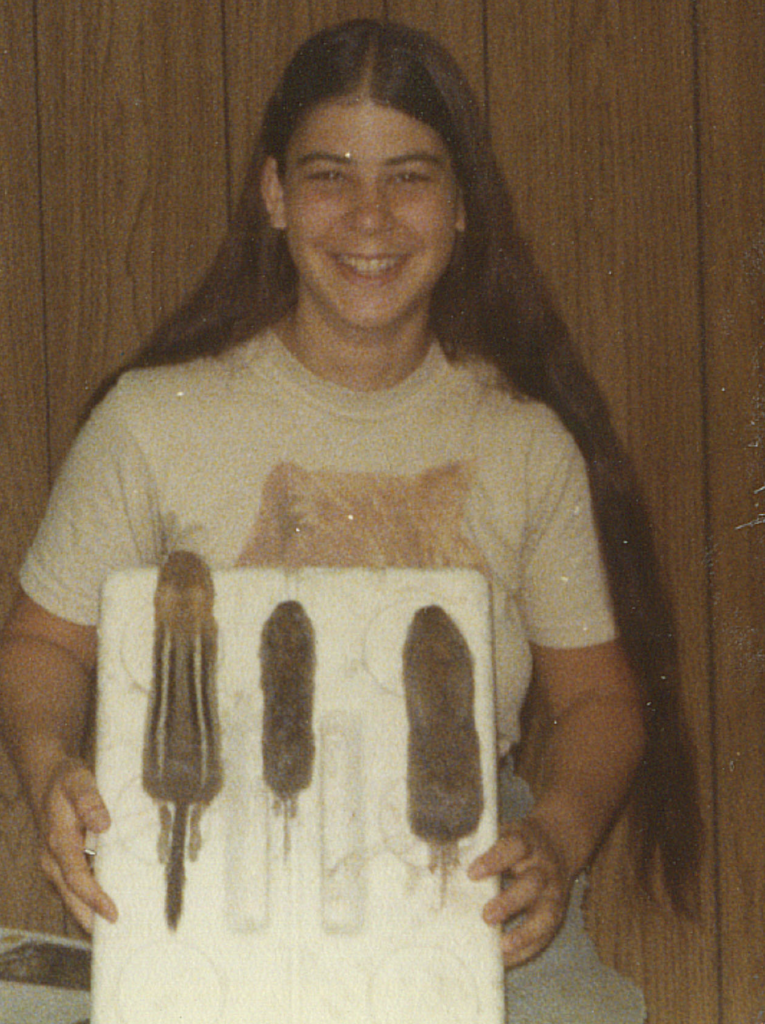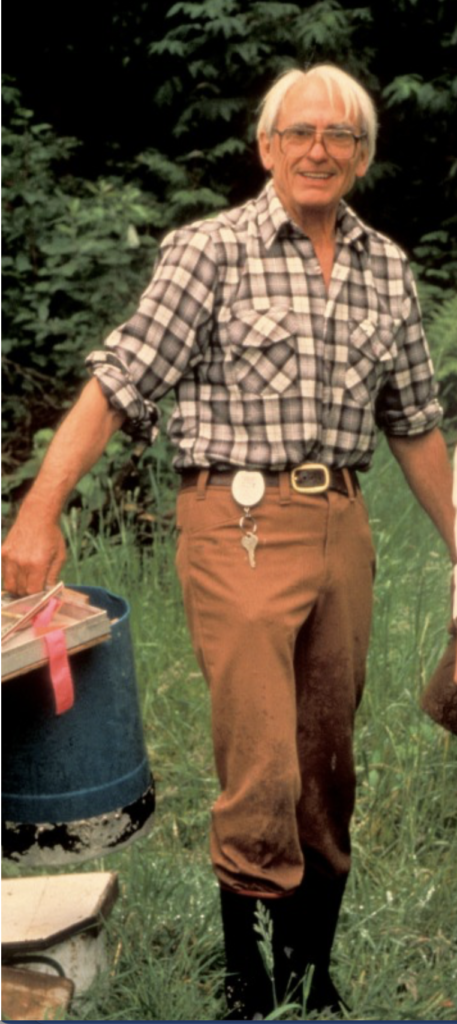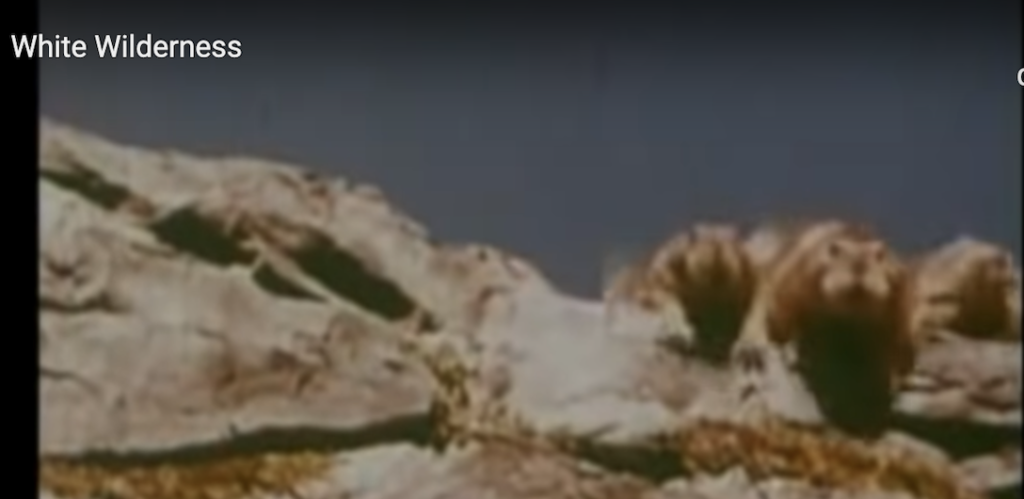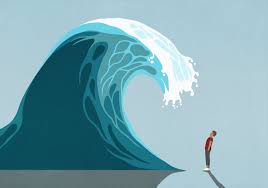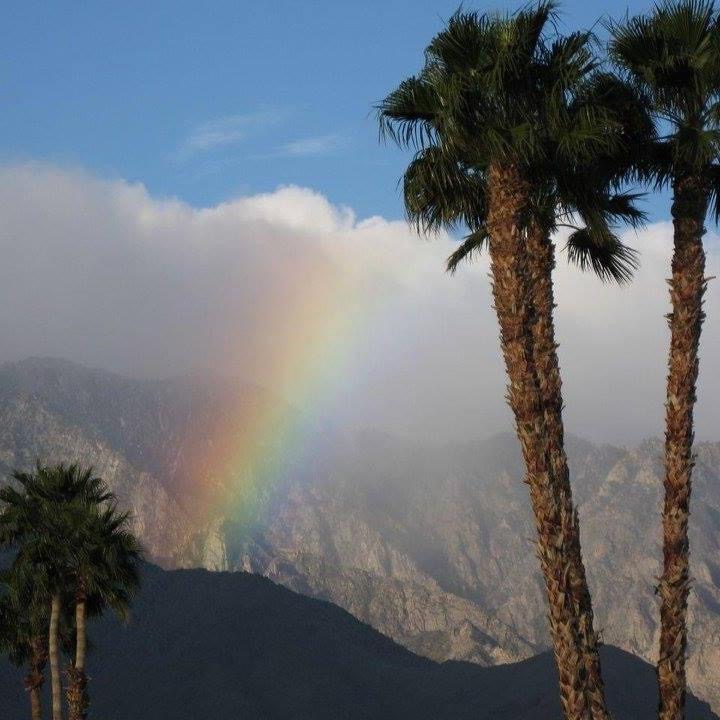Beha’alotcha: Learning from Nature
This week’s Torah reading is called Beha’alotcha, and in it, we read about the detailed and complex duties of the Levites. The Israelites are deeply in their desert sojourn away from the Narrow Place of Egypt, and we also read about a lot of complaining.
This prompted me to recall my days back when I was a Biologist, when I studied Population Biology and Genetics. My supervisor was a student of Dr. Charles Krebs, who had been a student of Dr. Dennis Chitty.
Dr. Chitty published research on the population fluctuations of meadow voles. Remember the Disney film, “White Wilderness”, where we watch the lemmings control their cyclical explosion population growth by jumping over cliffs? Well, that was Disney, and that portrayal was a hyperbole for what the voles, which are related to lemmings, would do when their numbers caused overcrowding and a scarcity of resources.
From his observations, Dr. Chitty proposed that cycles in wildlife numbers are self-generated by the interactions between individual animals. His conclusion, that changes in aggressive behaviour and physiology can prevent unlimited population growth, is now a fundamental tenet in population ecology. This is recognized as the ‘Chitty Hypothesis of Population Regulation’.
Dr. Chitty and his students were able to demonstrate in the lab and field that overcrowding these innocuous little mammals caused them to become extremely aggressive towards one another and overgraze on the plants and insects they fed on. That is how their population sizes come to fluctuate cyclically. They don’t need the drama of some mad-cow, deranged beeline for the nearest cliff or chasm to plunge into.
The truth is, population regulation is how Nature works. We as humans, have a Divine intelligence allowing us to create laboratory scenarios to explain what we see animals doing in the wild. The abilities we have for insight, to transfer what we learn from Nature to better ourselves, are gifts from God.
We differ from animals because we can look at our options and make choices about how we want to prevent ourselves from biting each other to death, or destroying all the food resources in our environment; and we can wear masks and make vaccines to control the spread of disease.
We don’t have to jump off a cliff when life becomes overwhelming, although these days so many people only see that option, emotionally, spiritually, or psychologically.
Perhaps we could have foreseen and done a better job of averting these global days of floods, rains, fires, crop failures, wars, and epidemics by heeding the meadow vole and other population models of scientists such as Dr. Chitty.
We do have Torah to show us how to navigate difficult times when they arrive, and how to respect each other, including those among us who are differently abled or are strangers.
With regard to this week’s Parasha Beha’alotcha: let us hear the complaints about the lack of fish, the cucumbers, the melons, the leeks, the onions, and the garlic; but be more like Moses, and remind one another of the big picture and value of the whole congregation of humans – follies and all.
We are beings favoured with Divine wisdom and sacred books such as the Torah, who can learn from, and find a way through, our dilemmas with the natural world and amongst ourselves.

